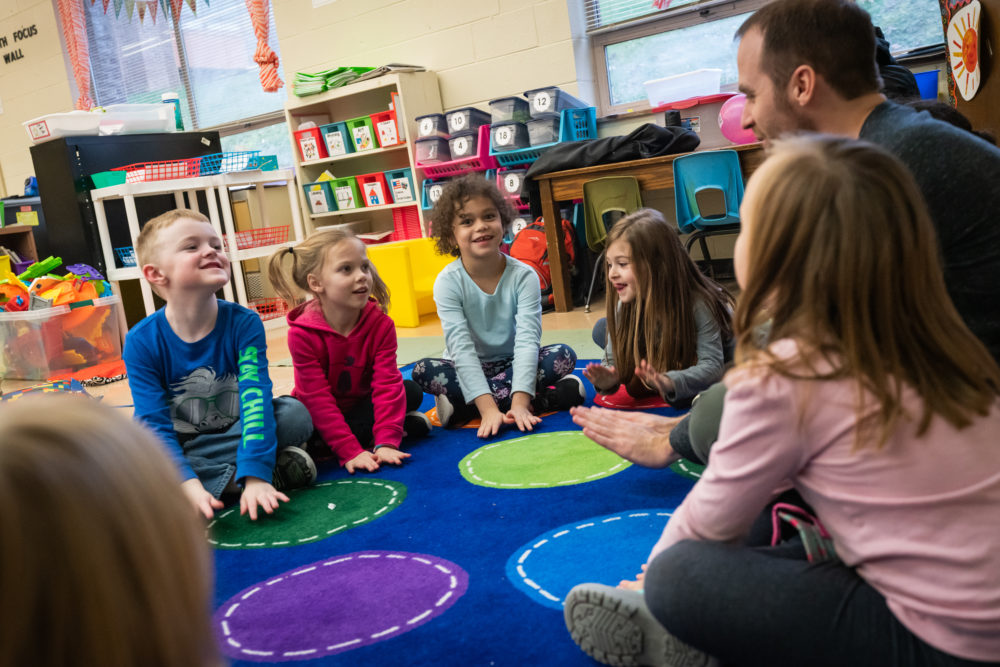
Pedagogy
Theatre-Informed Practices
Project Polaris pedagogy is informed by the work of theatre educators like Augusto Boal, Michael Rohd, and Viola Spolin—all of whom have utilized theatre as a tool for educational and social engagement. We fuse our theatre experience with the influence of brain-based research like that of Dr. Amy Cuddy (Presence), Dr. Eric Jensen (Teaching with the Brain in Mind), and Dr. Bessel Van Der Kolk (The Body Keeps the Score).
These influences were brought to Project Polaris Director Ryan Henderson through his tenure with Barter Theatre’s Project REAL and its founder, Megan Hamilton. While working alongside Ms. Hamilton, Ryan discovered firsthand how this fusion of art and science can create a space for implicit learning, allowing students to take ownership of their education.
Implicit Learning
With its use of theatre-informed practices, Project Polaris specializes in developing strategies for implicit learning. Implicit learning refers to acquiring knowledge in a subconscious manner rather than through explicit or direct means. Implicit learning can happen through active experience, accessing emotions, and play—all of which can be accomplished through a theatre-informed lens.
These strategies connect students personally to the topic being taught. Whether that topic is social, emotional, or curricular in nature, the power of this proven connection has shown to increase student learning, yield improved test scores, and foster student growth and communication skills. Furthermore, implicit strategies can be valuable in supporting local, state, and federal educational standards.
Supporting Educational Standards
The use of theatre-informed practices and implicit learning ideally serve to reinforce Virginia’s Profile of a Graduate. The outcomes below articulate how Project Polaris lessons and workshops support the Five C’s of Learning—collaboration, communication, creative thinking, critical thinking, and citizenship.
Participants in a Project Polaris workshop develop their ability to:
- Express and justify one’s thoughts, ideas, and opinions while simultaneously respecting the thoughts, ideas, and opinions of others;
- Understand and regulate one’s emotions within the specific demands of a given situation;
- Work with others to accomplish a common goal regardless of differences of opinions or backgrounds;
- Consider solutions from a new perspective that may be outside of common convention;
- Observe details and analyze information to make decisions appropriate for a given situation; and
- Recognize and employ the necessary qualities for being an active and productive member of one’s community.
Bristol Virginia Public Schools

